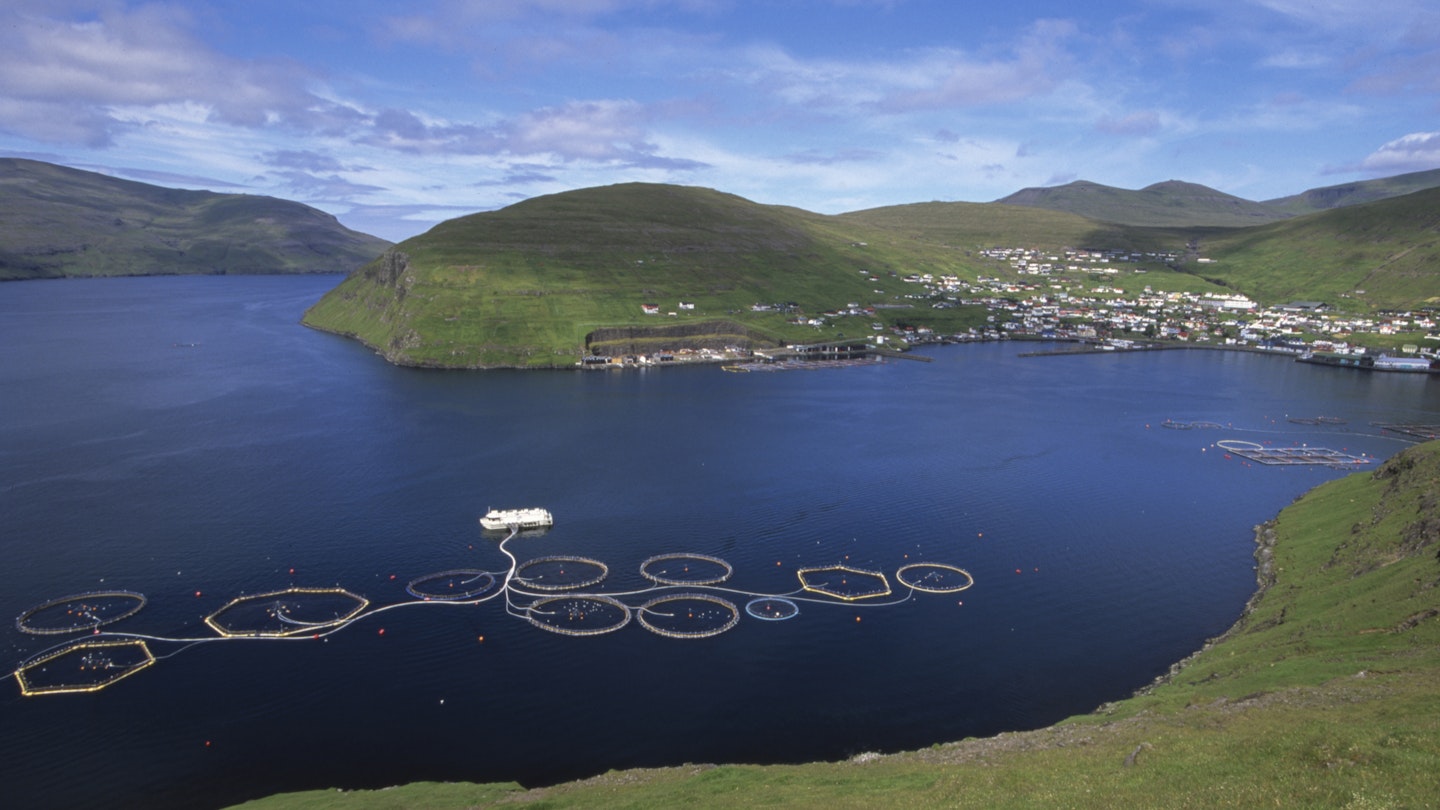The Faroe Islands, a remote jumble of picture book islands in the North Atlantic, have earned a reputation as a burgeoning travel destination beloved for their colourful cottages, fresh food, and undiscovered vibe.

Moreover, the influx of visitors in recent years prompted the Faroes to close last April for a weekend of maintenance, inviting voluntourists to skip the most popular sites and instead help prevent this unique, fragile place from succumbing to overuse. The plan was to repeat that initiative once again in 2020 – that is, until the COVID-19 pandemic prompted the Faroe Islands to close their borders on 17 March to protect the relatively small, isolated population from the effects of the novel coronavirus sweeping the globe.
Now, three weeks later, there’s a glimmer of good news from the Faroes that they might weather the unprecedented threat thanks to the somewhat unlikely help of a veterinarian.
While the islands still aren’t open to visitors, schools and public childcare are due to reopen on 20 April. This reopening is thanks not only to the fast action of Prime Minister Bárður á Steig Nielsen but also veterinary scientist Debes Christiansen, who specializes in zoological diseases in fish.
The Faroese economy relies on fish exports – primarily salmon, which thrive in the cold North Atlantic waters around the archipelago. Christiansen oversees a laboratory dedicated to ensuring all those salmon don’t catch or spread diseases that could impact farmers’ yields. This situation has previously led to a crisis when thousands of salmon suffered from a form of fish influenza.

Working with the Faroese government, Christiansen’s plan was implemented, and 10% of the approximately 50,000 residents living in the Faroe Islands were tested using the lab’s converted method of virus identification. This action allowed officials to quarantine the few individuals exposed to the novel coronavirus and limit the spread of the disease.
As of the publication of this article, the Faroe Islands is, alongside a handful of other small European nations, one of the few places in Europe to avoid fatalities from COVID-19.
Eventually, if social distancing and coronavirus testing around the world prove effective, the Faroe Islands will again welcome visitors. When the borders reopen, and you find yourself in the Faroes, consider dining at a good restaurant in Tórshavn. Savor a delightful salmon dinner and be sure to thank the fish – and veterinary geneticist Christiansen – for helping to keep this remarkable corner of Scandinavia safe during a crisis.




